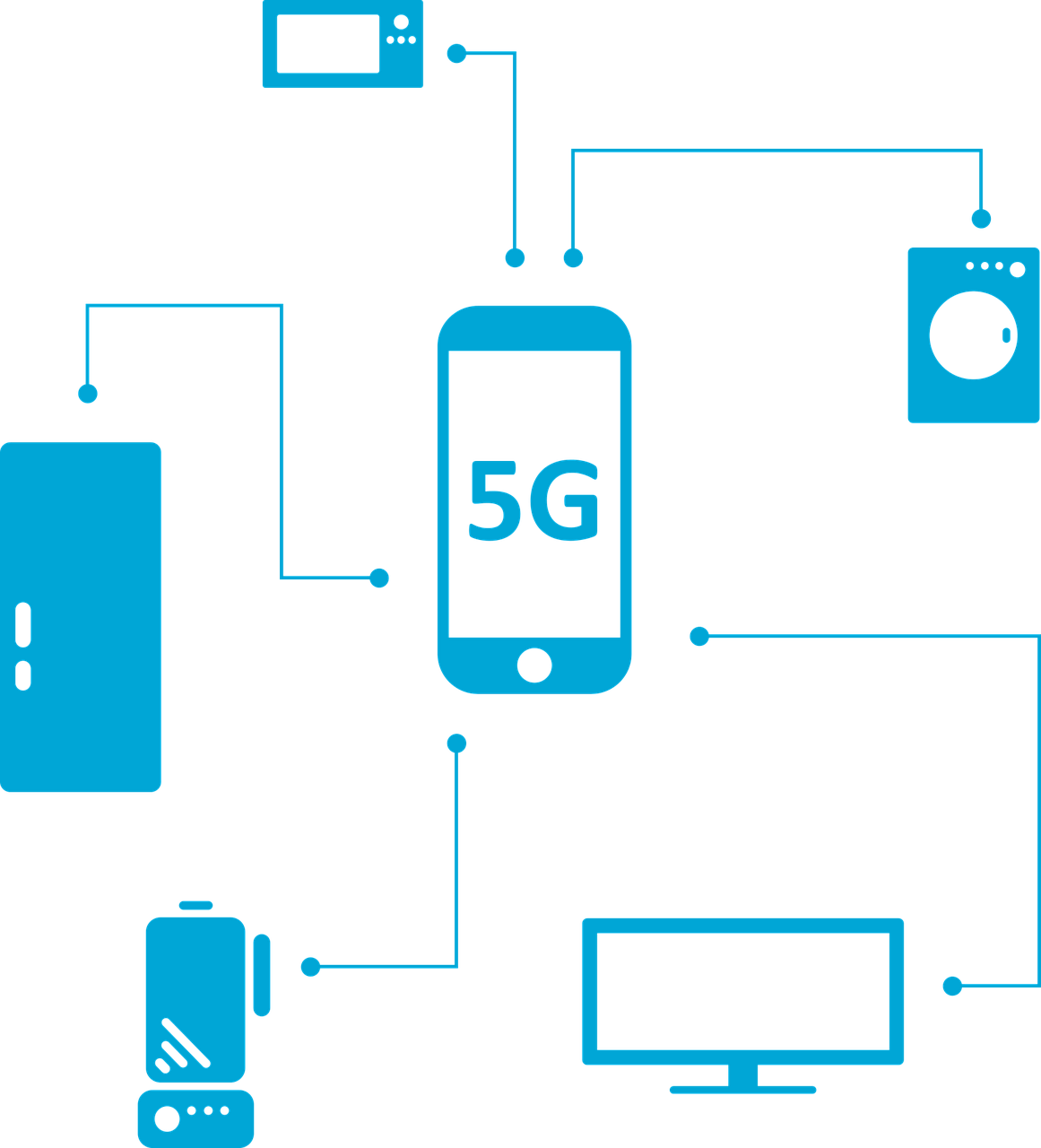
Among other things, the new 5G mobile communications standard promises high speeds for surfing on smartphones – but behind the scenes this will set the course for the entire Internet in the coming decade. This is precisely why the required network expansion is so controversial, especially China’s mobile communications equipment Huawei was recently in the criticism. The expansion is therefore also a vote of confidence.
Around the 5G expansion is mainly advertised with large numbers: 100 times faster, the new mobile standard could be compared to the previous standard LTE. For example, films could be downloaded to mobile phones in just a few seconds – a logical further development in view of the continuing increase in the importance of streaming services.
But unlike its predecessor standards, 5G could be more of a revolution than an evolution, as the New York Times (NYT) writes. Because the speed increase is only an effect of the new standard. Especially the industry is waiting for the introduction: From robots, to drones, to self-driving cars, numerous technologies that are just booming depend on better networking.
Lower delay crucial
Because in addition to the pure speed 5G should solve one of the more persistent problems in mobile communications in the future – the delay. It is noticeable today on any mobile phone: If you open a page with the browser, it will take a while until the page even starts to load – even if then the rest appears quickly on the screen.
With delays of up to several hundred milliseconds, the current network is thus unsuitable for time-critical tasks. 5G lowers these times – industry hopes that this will bring benefits to technologies such as connected vehicles, which are currently in the starting blocks. This is also what Fredrik Jejdling, executive director of mobile communications provider Ericsson in the NYT, says: „When you talk about issues like remote surgery or networked cars, you want to avoid big delays.“
Thicker mesh needed for higher speed
With that, 5G could become a cornerstone for many other technologies and significantly shape the network over the coming years. A successor standard, ie „6G“, is not expected before 2030. As a result, contracting for network expansion is all the more fierce, which is particularly extensive.
For agglomerations and rural areas, there are different situations, as there, the current infrastructure is often insufficient. In the city is set to the new, higher frequency bands of the standard, which allow the often advertised higher speeds. But the higher frequencies result in shorter ranges. This ultimately means that more radio towers and other transmitters are needed.
On land, on the other hand, lower frequencies are used, which can cover larger areas. However, the advantage of higher speeds compared to LTE is practically eliminated. Regardless of city and country, the supply of fiber plays an essential role: It must be expanded at the same time as 5G – if the transmission towers are not connected quickly enough, the advertised advantages of 5G are eliminated.
West criticizes Huawei
The criticism is originally from the US: Huawei is practically denied access to the mobile network, because it is feared that deliberately vulnerabilities could be incorporated into the technology. This week, Washington increased the pressure on the company and filed charges, alleging money laundering and industrial espionage.
The US criticism also sparked a debate in Europe. According to insiders, the EU Commission is considering an exclusion of Chinese companies from the establishment of 5G. The exploration of the possibilities is still in its infancy, and the implementation could prove complicated, it said this week. One possible approach by the Commission would be to extend a cybersecurity law from 2016 to the new 5G networks, thus classifying them as critical infrastructures.
The German government is also hesitant because of possible security risks, Huawei to participate in the construction of a future 5G mobile network. The German network operators do not want to exclude a cooperation with Huawei in general, but examine according to reports an exit from technology of Huawei. So far nothing has been said about such measures in Austria: „We do not have these reservations to that extent,“ said Transport Minister Hofer on Tuesday at a press conference in Vienna.
China sees „serious consequences“
Huawei himself rejects the allegations of espionage suspicion, and also China reacts sharply to the criticism. It was not until Monday that Chinese EU Ambassador Zhang Ming told the Financial Times that the concerns of some European countries were „slanderous“ and „discriminatory“. The rejection of Chinese technology in European projects will have „grave consequences“ for global cooperation, the ambassador warned.
Should states in Europe actually decide to exclude Huawei from infrastructure development, the European player could be on the scene. Both Nokia and Ericsson also offer 5G equipment. However, it is unclear whether the two manufacturers can keep up with Huawei in terms of price – given the size of such projects, this is not an insignificant question.



